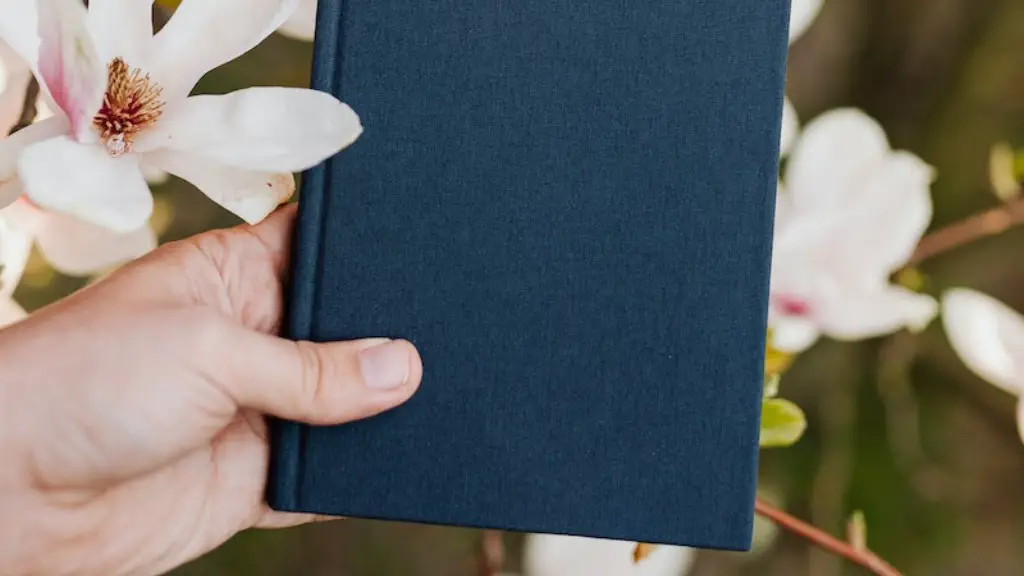Introduction
Walt Whitman was a poet Ahead of his Time. His poetry was revolutionary and had a strong influence on American literature. Whitman’s works are known for its realism, egalitarianism, and democratic ideals. He was an advocate of progressive ideas and an important member of the Transcendentalist movement. He has been called the “Father of Free Verse” and an inspiration to many poets, including Allen Ginsberg, William Carlos Williams and Robert Frost.This article will explore A Glimpse of Whitman, a brief overview of his life, his legacy, and the lasting impact of his work.
Early Life
Walt Whitman was born on May 31, 1819, in West Hills, Long Island, New York. He was the second of nine children. His father was a laborer who struggled to provide for the family. In his early years, Whitman had limited access to books and education, but he was a independent and inquisitive learner. He spent much of his childhood roaming the nearby beaches, reading, and writing poetry. In 1836, he began working as a printer’s apprentice and eventually, moved to New York City to become a newspaper editor and writer.
Writing and Legacy
Whitman’s first major publication was the collection, “Leaves of Grass,” which was released in 1855. He continued to revise and expand this work throughout his life. His work was revolutionary in its form, content and style. He used free verse and long, unstructured lines in contrast to the tight rhyme and meter of many of the works that preceded his. His poems celebrated the lives of everyday people and explored the beauty of nature, but he was also this was writing about complex social issues. This made him unpopular with some readers, but his writing helped to shape a new direction for American literature.
Influence on Others
Whitman’s work had a profound influence on many writers, including William Carlos Williams, Robert Frost, T.S. Eliot and Pablo Neruda. They admired his willingness to break from convention and push boundaries. They also respected him for exploring the spiritual side of experience and for his poetic treatment of themes of death and mortality. In the 20th century, Allen Ginsberg and other beat poets were inspired by Whitman’s legacy, and his ideas shaped the beat generation and its literary works.
Walt Whitman and America
Whitman’s work has long been seen as an expression of democratic ideals. He used his poetry to celebrate the common man and woman, to embrace unknown persons and to explore social justice issues. In “Song of Myself” he wrote: “ I celebrate myself and what I assume you shall assume, for every atom belonging to me as good belongs to you.” He also wrote about patriotism and had a lifelong affinity for the American flag. In “Election Day, November 1884” he wrote: “But at last, rising with the dawn, loudhailed the stars and stripes, the representative of the mighty States.” These and countless other passages show the depth of his attachment to America and how he used poetry to pay homage to the country.
Legacy and Lasting Impact
Whitman had a lasting impact on American literature and became an icon of the American experience. He is credited with inventing modern American poetry and with helping to establish a truly distinct American literary tradition. His legacy continues to this day and his works are still read and studied in schools and universities all over the world. In 2018, Whitman was named the state poet of New York, a fitting honor for a man who wrote about the beauty, power and history of the country he loved so much.
Commemorations of Whitman
Walt Whitman’s life and legacy have been honored in various ways. In 1999, a bronze bust of him was unveiled at the Walt Whitman Mall in Huntington Station. The Walt Whitman House in Camden, New Jersey, was declared a National Historic Landmark in 1975 and is now a museum open to the public. The Walt Whitman Birthplace Association, established in 1985, maintains the original house and brings his poetry to life through educational programs and events.
Whitman’s Impact on Popular Music
Walt Whitman’s poem ‘O Captain! My Captain!’ was notably quoted by American rapper Eminem in his song ‘Lose Yourself’ off his album ‘The Eminem Show’ which earned him the Academy award. The poem is also evoked in Bruce Springsteen’s song ‘My Hometown,’ which references the death of Abraham Lincoln. Michael Jackson’s song ‘Man in the Mirror’ may have been influenced by Whitman’s ‘Song of Myself,’ which explores themes of self-acceptance and transformation. In addition to these examples, Whitman’s work has inspired many other popular songs.
Whitman’s Literary Awards
Throughout his life, Whitman received numerous awards and honors for his work. He was awarded a bronze medal by the French government in 1871, in recognition of his contribution to international literature. In 1874, he was presented with a gold medal from the King of Italy for his book “Memoranda During The War,” and in 1883, he was presented with an honorary law degree from the University of Pennsylvania. He was also named Poet Laureate of the United States in 1888.
Whitman’s Influences
Walt Whitman was significantly influenced by the Transcendentalist movement, which was a philosophical and literary movement of 19th century America. He was also influenced by authors such as Ralph Waldo Emerson, who wrote, “He will be one of the roughs and yet the finish that shall make the American world.” He was also influenced by the Romantic poets and writers, particularly William Wordsworth, who were known for their use of nature imagery and lyricism.
Whitman’s Influence on Language
Language use is perhaps the most lasting legacy of Walt Whitman. His poetry revolutionized the American way of speaking, using metaphors, allusions, and dialect to create a unique literary voice. He was unafraid to experiment with language, to find new ways of expressing important ideas, and his work has had a lasting influence on American literature and culture. He was a champion of the common man and a believer in the power of words. As he wrote in “By Blue Ontario’s Shore”, “I will accept nothing which all cannot have their counterpart of on the same terms.”


